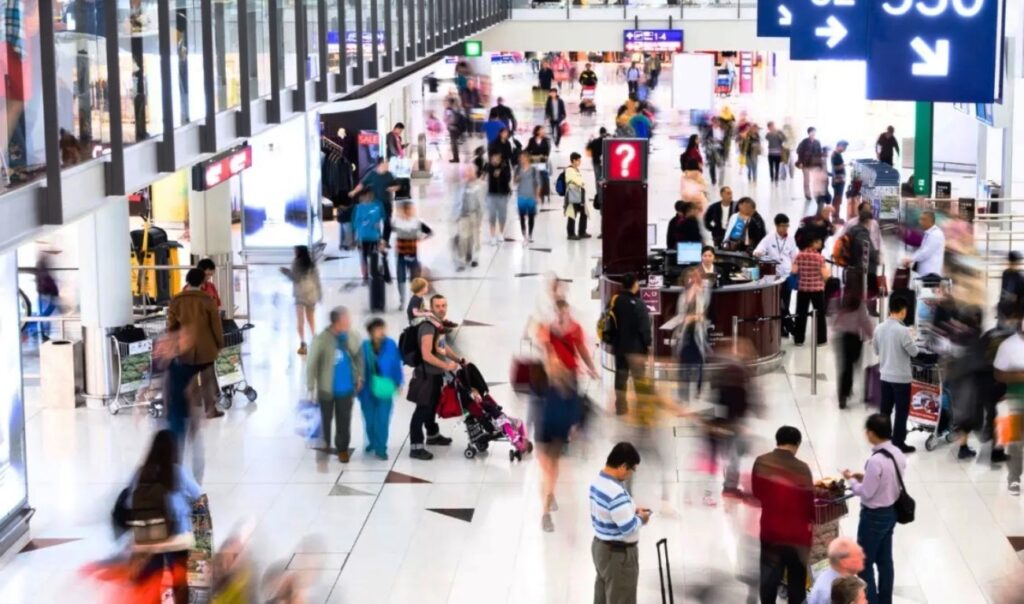A small but highly significant change promises to improve the experience of millions of travelers in the European Union: the 100ml limit for liquids in carry-on luggage is heading toward abolition. With the arrival of advanced security scanners that enable three-dimensional baggage analysis, several airports across Europe are moving toward adopting new, easier rules. Although the transition has been accompanied by technical and political difficulties, conditions are maturing for a more comfortable and secure flight experience.
Since 2006, a 100ml limit per liquid container in transparent bags with total capacity of 1 liter has been enforced, due to threats of terrorist attacks using liquid explosives. This measure has been applied for nearly two decades at all European Union airports.
However, according to Repubblica, technological progress in security checks is changing conditions. The European Civil Aviation Conference (ECAC) appears ready to approve the upgraded software version used by Smiths Detection’s Hi-Scan 6040 CTiX scanners, which offer high-precision three-dimensional imaging and can detect suspicious objects and explosives.
If final tests proceed smoothly, passengers may soon no longer need to remove laptops or tablets from their luggage, and will be able to carry liquids exceeding 100ml, such as beverages, gels, and cosmetics.
The transition, however, has not been smooth. Despite investments at several airports, the European Commission suddenly imposed restrictions in 2024 due to challenges, mainly from American authorities, regarding scanner reliability. Thus, from September 1, 2024, new restrictions were extended almost everywhere, causing technical difficulties and reactions in countries including Italy, Germany, Ireland, Malta, Netherlands, and Sweden.
Dissatisfaction was intense, not only from travelers but also from airport operators, who had already spent large amounts – new scanners cost up to eight times more than older models, with increased maintenance costs. However, the investment was deemed necessary to enhance security and improve passenger experience.
After recent tests and upgrades, technical objections appear to have been overcome. Brussels is seriously considering lifting restrictions during summer, possibly in August.
It’s worth clarifying that the change will not apply to all airports, but only to those that have installed “smart security” technology. Airports that have not proceeded with upgrades will continue to apply the old system.




